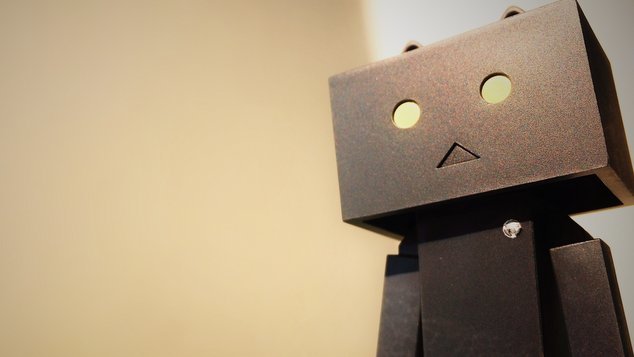
An Australian LGBTI researcher has hit back at claims by the Australian Christian Lobby (ACL) that marriage equality public votes in Ireland and the US were “respectful” and “uneventful”.
ACL chief Lyle Shelton, made the claims in an article published last week. In the article Shelton criticised Labor leader Bill Shorten for opposing the government plebiscite legislation.
Shelton said Shorten has been “egged on by the gay lobby” and disputed concerns that “a plebiscite would unleash hate and put the lives of young gay people at risk through suicide.”
The ACL leader said Ireland had held “a respectful suicide-free peoples’ vote” and several US states had held public votes on the issue without any consequences to LGBT+ people.
Researcher Dr Sharon Dane has published an open letter to the ACL head disputed his assertions.
“I was one of the researchers in a landmark study (Dane, Short, & Healy, 2016) of LGBTI Irish people conducted last year.” Dr Dane wrote.
“It found that most Irish LGBTI people were upset, angry and anxious during the marriage equality referendum campaign.”
Dr Dane also cites research from the US that shows big increases in anxiety and depression due to state marriage equality referenda.
The researcher said she believed a similar situation would occur if Australia was told hold a plebiscite to decide the issue.
“I have every reason to believe the situation would be the same if Australia were to go down the path of a plebiscite on marriage equality.” Dr Dane said.
Read Dr Sharon Dane’s letter to the Australian Christian Lobby
Dear Mr Shelton,
I was appalled to read you declare that Ireland had a “respectful” referendum on marriage equality and US states held “uneventful” public votes on the issue (Why the ‘winner’s circle’ doesn’t trust the public to win, 12.07.2017)
I was one of the researchers in a landmark study (Dane, Short, & Healy, 2016) of LGBTI Irish people conducted last year .
It found that most Irish LGBTI people were upset, angry and anxious during the marriage equality referendum campaign, and that younger LGBTI people and the children of same-sex couples were worst affected.
It also found that, if they could go back in time, only 23% of Irish LGBTI people and families in the survey would be happy to have a referendum again.
Research from the United States shows similar results.
The 2-wave (before and after) study by Hatzenbuehler et al. (2010) involving 34,000 people found a 36.6% increase in mood disorders, 248.2% increase in generalised anxiety disorder, a 41.9% increase in alcohol use disorders amongst same-sex attracted individuals who resided in states in which anti-marriage campaigns were run in the lead up to a public vote banning same-sex marriage.
I have every reason to believe the situation would be the same if Australia were to go down the path of a plebiscite on marriage equality.
Yours Sincerely,
Dr Sharon Dane
References:
Dane, S., Short, L., & Healy, G. (2016). Swimming with sharks: The negative social and psychological impacts of Ireland’s marriage equality referendum ‘NO’ campaign. School of Psychology Publications. The University of Queensland, Australia http://espace.library.uq.edu.au/view/UQ:408120
Hatzenbuehler, M. L., McLaughlin, K. A., Keyes, K. M., & Hasin, D. S. (2010). The impact of institutional discrimination on psychiatric disorders in lesbian, gay, and bisexual populations: A prospective study. American Journal of Public Health, 100, 452-459.
Support OUTinPerth
Thanks for reading OUTinPerth. We can only create LGBTIQA+ focused media with your help.
If you can help support our work, please consider assisting us through a one-off contribution to our GoFundMe campaign, or a regular contribution through our Patreon appeal.





